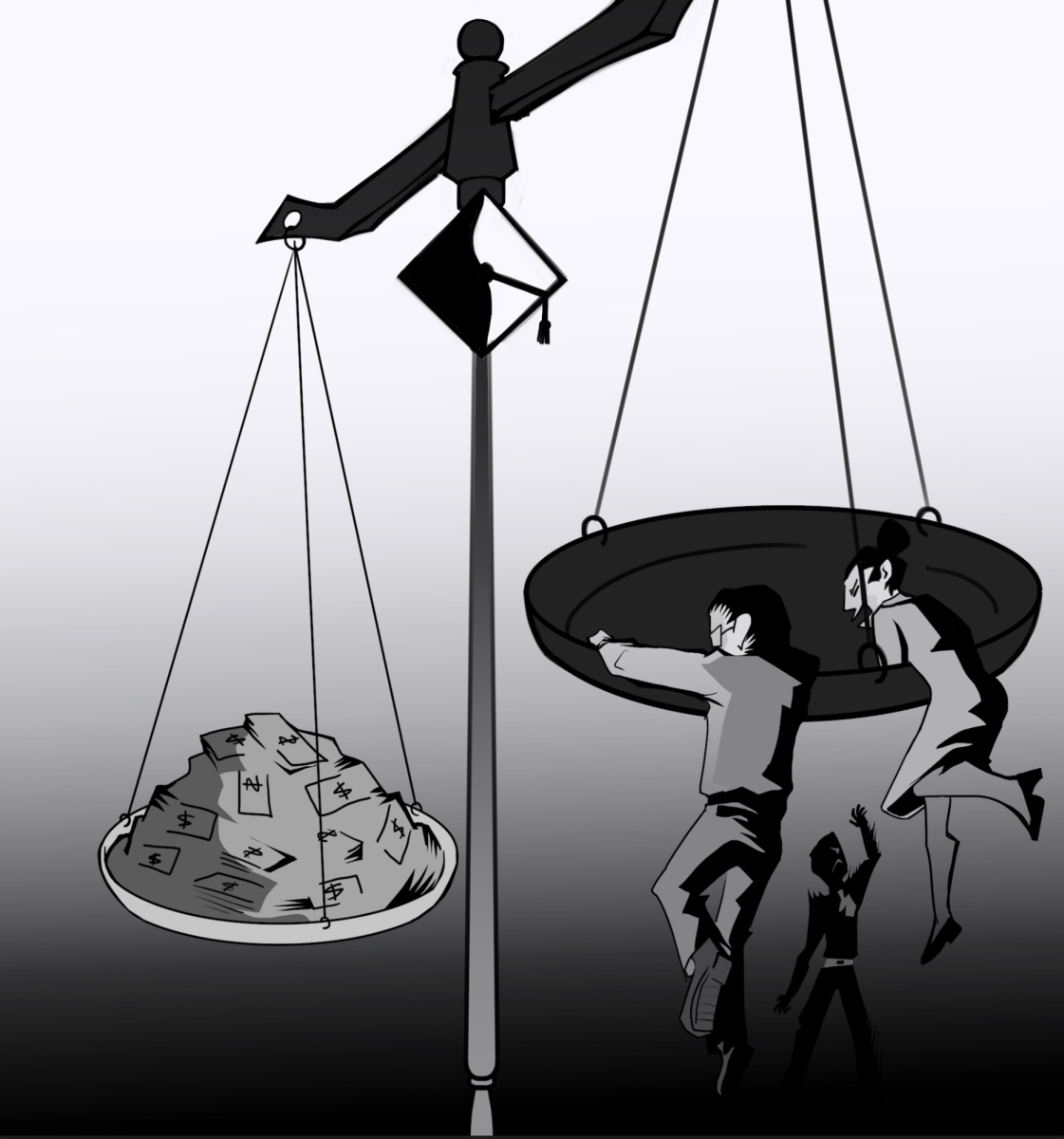“Conscious,” “sustainable,” and “eco-friendly.” Beneath this veneer of environmentally friendly language and earthy colored packaging, companies fail to uphold their sustainable image. As consumers place greater value on green industries, corporations must take action with structural changes implementing sustainability rather than profiting off empty words.
Greenwashing, the use of misleading advertising to portray a product as more environmentally friendly than it actually is, emerges in the form of environmentally friendly buzzwords and natural imagery without any standards to support it. Noticeably, vague language rather than specific numbers proliferate advertisements. For instance, Nestle released a 2018 statement claiming its “ambitions” for 100% recyclable or reusable packaging by 2025 — notably without any clear timeline or goals. In 2022, Break Free From Plastic’s global audit report named Nestle one of the world’s top plastic polluters for the fifth year in a row.
Companies such as Delta, General Electric, and Spotify often advertise their movement towards zero emissions, largely doing so through purchasing carbon credits. These credits fund an action that offsets carbon emissions, such as planting trees — essentially outsourcing the reduction of emissions. A joint investigation by The Guardian released this year revealed that over 90% of rainforest carbon offsets sold by Verra (the world’s largest carbon offsetting certifier) failed to reduce emissions. Due to the unpredictability of such projects’ impacts, companies shouldn’t rely on these processes. Climate change is an urgent issue, yet reforesting efforts take decades before adequately capturing the expected amount of carbon dioxide.
Meanwhile, for the fast fashion industry, sustainability undermines its entire purpose. These companies thrive off of the swift microtrends that proliferate pop culture, encouraging consumers to continue buying more than they need. For instance, fast fashion brand H&M labels its Conscious Collection items as using “its most sustainable products,” while reports reveal their false adherence to conscious standards. However, this emphasis on attempted sustainability demonstrates that companies are intentionally profiting off of a growing interest in sustainability while failing to commit to it. Brands like ASOS and Zara still unnecessarily overproduce, countering their attempts towards environmental initiatives — especially as the fashion industry overall contributes a fifth of the world’s plastic pollution per year.
If companies truly want to market themselves as sustainable, they must be willing to enact structural change.
Although complete sustainability is impossible for companies to achieve, tricking consumers to buy into a green facade manipulates the public into falsely believing the ethics of their product. Full transparency rather than misleading imagery is needed. If companies truly want to market themselves as sustainable, they must be willing to enact structural change. Change begins from within, and companies can begin making steps towards cutting down emissions, incorporating genuinely sustainable materials, and reducing waste within their own business models.
Patagonia represents a fashion company making strides towards this goal. A quick look at their website shows collaborations with the Fair Labor Association and the Sustainable Apparel Coalition. Clear and close milestone goals for eliminating petroleum fiber shows accountability. Plus, the company focuses on eliminating emissions through their supply chain with energy audits rather than solely purchasing offsets. Until more companies can reach greater transparency, the burden falls on consumers to buy better.
Consumers themselves can play a greater role in mindful consumption. Before purchasing an item because of its alleged sustainability, research the company’s website and their action plans for addressing climate change. When it comes to carbon emissions, benchmarks with specific deadlines prove the company’s genuine intentions. Additionally, most legitimate companies receive third party certifications. Across industries, ENERGY STAR, Fair Trade Certified, LEED, and WaterSense verify companies’ green claims. Within the fashion industry, checking a clothing piece’s material composition signifies its longevity and eco-friendly value.
Greenwashing poses more danger than just misdirection or false advertisement. These corporations enforce the idea that climate action can be bought. Greenwashing lulls consumers into complacency, believing these companies are willingly and actively changing their business structures for the sake of the greater good. Corporations must realize that sustaining their longevity requires structural change and transparency rather than hollow lies.





























































